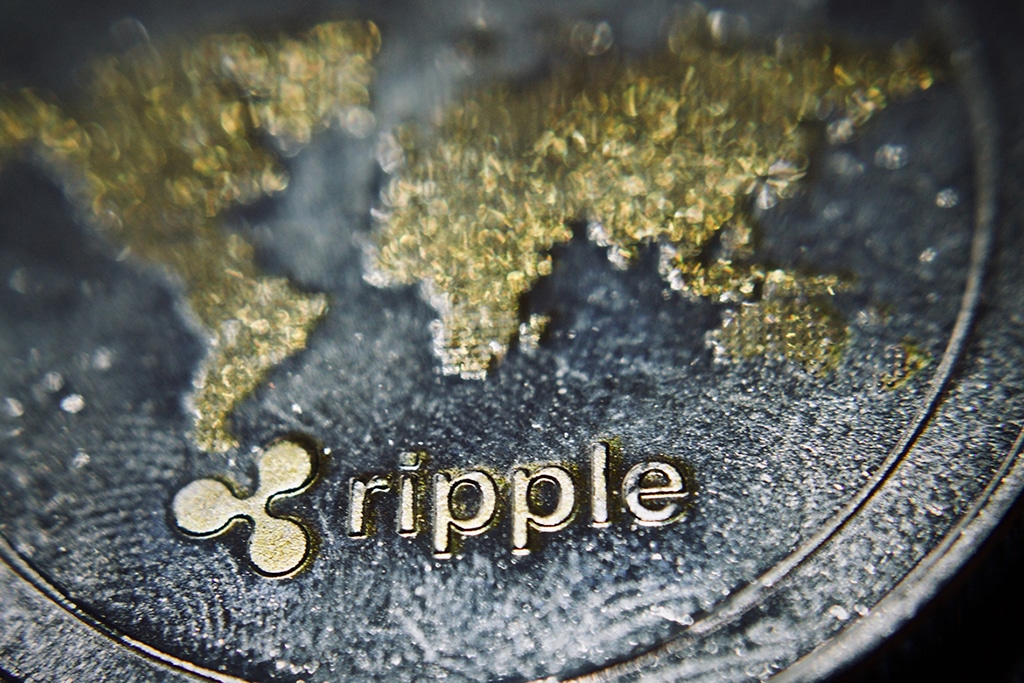
Ibukun is a crypto/finance writer interested in passing relevant information, using non-complex words to reach all kinds of audience. Apart from writing, she likes to see movies, cook, and explore restaurants in the city of Lagos, where she resides.
After the back and forth between Ripple and the SEC, both parties have filed motions for summary judgment.

The Securities Exchange Commission (SEC) and Ripple have each asked for a summary judgment in the long-running case against the crypto firm. The matter started in 2020 when the Commission sued Ripple, its CEO Brad Garlinghouse, and its co-founder Chris Larsen. According to the regulator, the company and its executives sold unregistered securities by issuing $1.3 billion worth of XRP tokens. In the initial complaint, the SEC said that the funds that Ripple raised through selling XRP in an unregistered securities offering started in 2013. The alleged added that the crypto company sold the XRP to investors in the Us and worldwide and also distributed the tokens in exchange for non-cash considerations like labor. The case has been on for the past two years, with both parties filing various discovery motions.
The filing of these motions for summary judgment has triggered online comments from crypto fans who have been following the lawsuit between Ripple and the SEC. While many believe the legal war is about to end, Garlinghouse said the filings show that the SEC “isn’t interested in applying the law.”
After the back and forth between Ripple and the SEC, both parties have filed motions for summary judgment. According to the motion filed in the Southern District of New York, the defendant and the prosecutor are asking District Judge Analisa Torres to make a ruling based on the arguments in the accompanying documents. Defense attorney James K. Filan tweeted about the summary judgment motions by Ripple and the SEC. Simply put, the motions for summary judgment are to determine whether either SEC or Ripple has provided enough material to decide if there was a violation.
Per the regulator, Ripple’s executives have uttered statements that suggest that the crypto company sold the XRP as alleged. The Commission also argued that investors bought the XRP under the belief that their holdings would surge over time. The SEC filings stated:
“Ripple publicly touted the various steps it was taking and would take to find a ‘use’ for XRP and to protect the integrity and liquidity of the XRP markets.”
As for Ripple, the crypto company said it had no contract with the XRP investors. Also, it said there was no common enterprise, which is a requirement under the Howey test.
“Even if the SEC were to engage in a belated, post-discovery transaction-by-transaction analysis to identify XRP offers and sales with contracts, its claim would still fail as a matter of law. Not one of those contracts granted post-sale rights to recipients as against Ripple or imposed past-sale obligations on Ripple to act for the benefit of those recipients.”
Read other crypto news on Coinspeaker.
Disclaimer: Coinspeaker is committed to providing unbiased and transparent reporting. This article aims to deliver accurate and timely information but should not be taken as financial or investment advice. Since market conditions can change rapidly, we encourage you to verify information on your own and consult with a professional before making any decisions based on this content.

Ibukun is a crypto/finance writer interested in passing relevant information, using non-complex words to reach all kinds of audience. Apart from writing, she likes to see movies, cook, and explore restaurants in the city of Lagos, where she resides.




